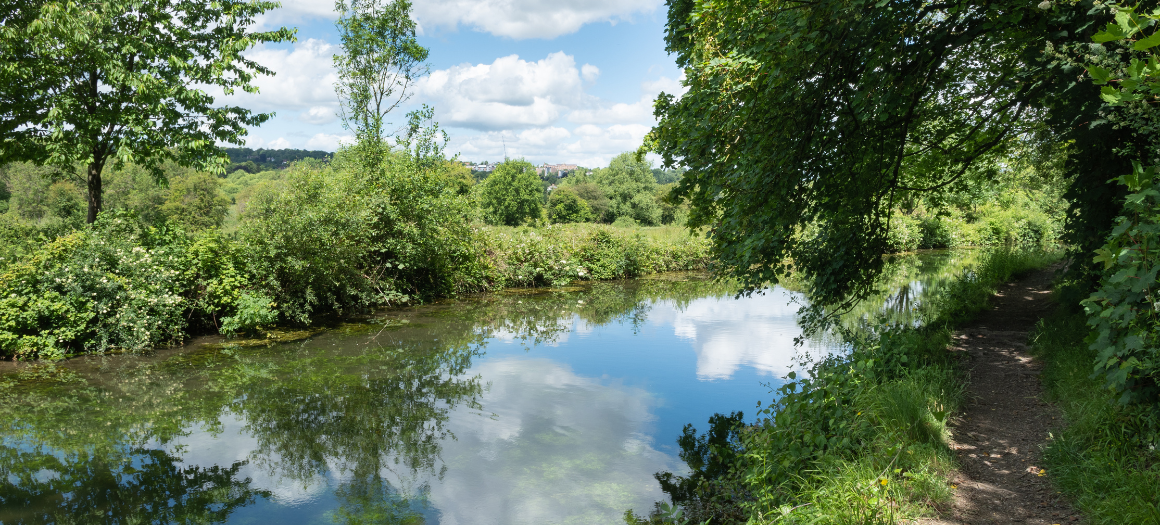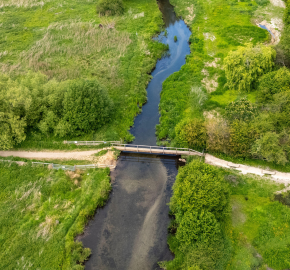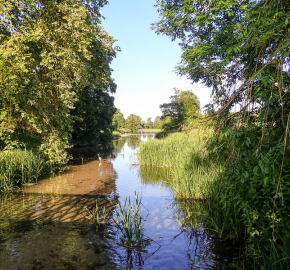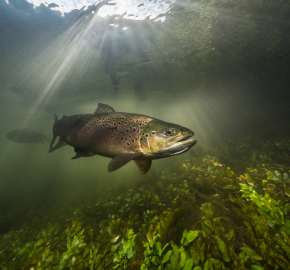Declines in chalk stream water quality: the River Itchen

Madeleine Maidment and Professor Gary Fones from the University of Portsmouth have recently completed a study of chalk stream water quality downstream of fish farms and the potential impact this has on macroinvertebrate communities. Here’s what they found.
Executive Summary
Chalk streams are known for their exceptionally high standard of water quality and support a diverse community of fish and invertebrates. They are highly sensitive to pollutants from a range of sources, including freshwater fish farms. The influence of PO43- from this source is rarely documented in studies of UK chalk streams. This study aimed to monitor changes in nutrient concentrations and water quality parameters upstream and downstream of a trout farm on the River Itchen, Hampshire. Reactive phosphorus (PO43-) concentrations were measured at two sites over 24 days using an ISCO automated bottle sampler, whilst conductivity, dissolved oxygen and temperature were measured using a CTD probe. Concentrations of orthophosphate, ammoniacal nitrogen and dissolved oxygen were also obtained from the 2000-2022 EA Water Quality Archive at three sites, including one 1500-metres downstream of the trout farm. Nutrient concentrations were then compared to Water Framework Directive thresholds. Over the 24-day field trial and 22-year archive, average concentrations of PO43- increased 50-metres downstream by 0.38 mgL-1 and 0.014 mgL-1, degrading water quality from ‘high’ to ‘good’ WFD status. Ammoniacal nitrogen, temperature and conductivity also increased, whilst dissolved oxygen was reduced by 25-30%. All parameters recovered 1500 meters downstream. This suggests nutrient loading was only of concern to water quality over short distances. This trend could still be detrimental to species of fish and invertebrates. With 77% of chalk streams failing to achieve ‘good’ WFD status, this study provides critical insight into the influence of nutrient loading from fish farms to inform future mitigation strategies, improve water quality and avoid ecological implications.
Further information
Read Madeleine’s dissertation in full or view the project summary using the links below:
Project Summary Dissertation


